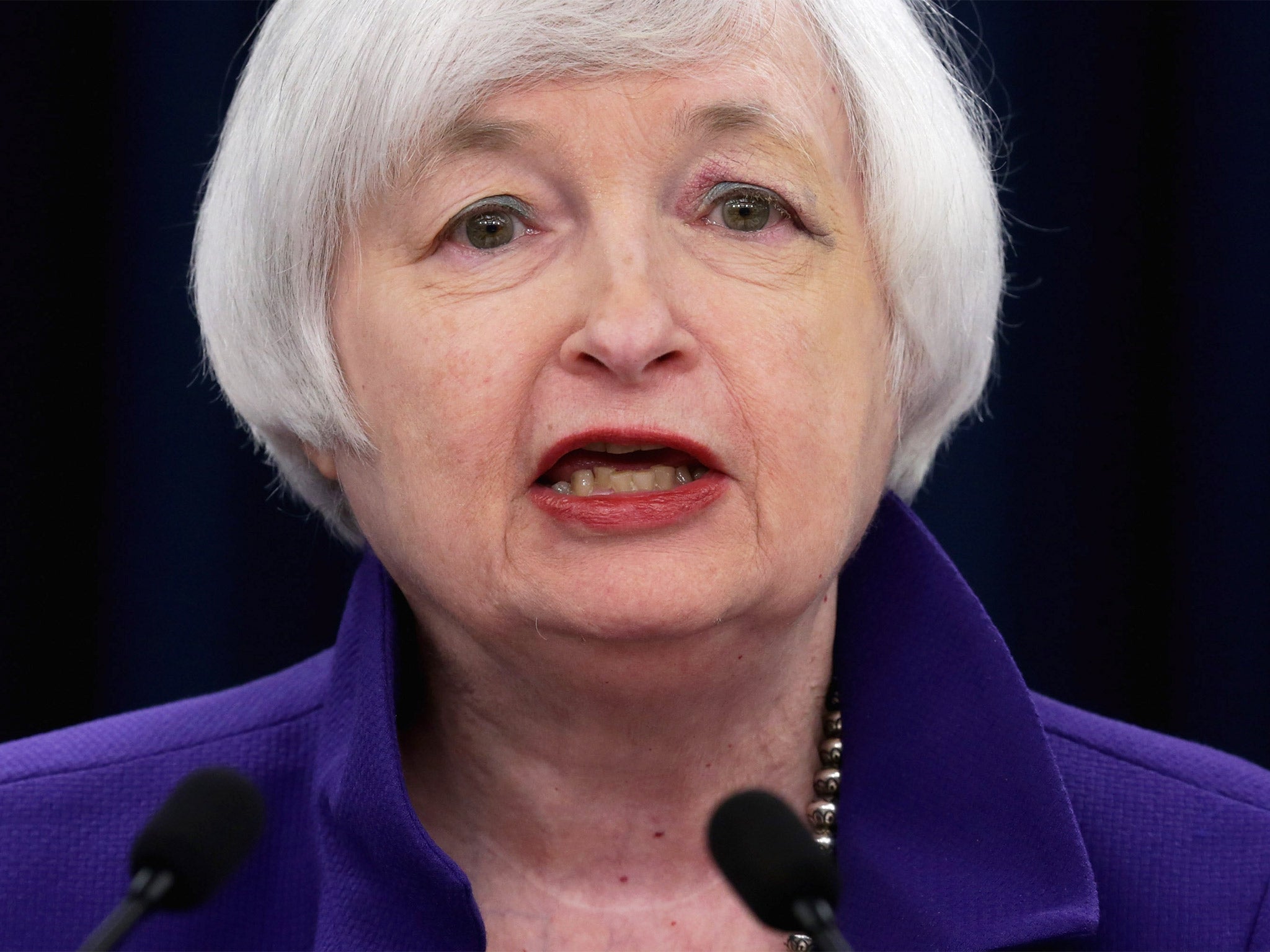Will the US rate rise stick? The experts don't think so
US view: Leading economists predict that fed funds rate will be back at near zero within five years

Looked at one way, the Federal Reserve’s move is a domestic good housekeeping seal of approval. The central bank now believes the US economy is performing strongly enough to tolerate “lift-off” – the first such rate hike in almost a decade.
Since that June 2006 increase in the federal funds rate to a now unimaginable 5.25 per cent, America has been through the wringer of a subprime mortgage debacle, a near-collapse of the financial system in late 2008, followed by the deepest recession since the 1930s. Since December 2008, the rate has been effectively zero.
But since then, aided by an unprecedentedly expansive monetary policy, the economy has staged a steady recovery. Under President Obama, 8.5 million new jobs have been created, and the jobless rate has dropped to 5 per cent, not far above the usual definition of full employment. Low rates on savings have kindled fears of an asset bubble, as investors seek better returns for their savings. Nonetheless the Fed (more successfully than its counterparts in most advanced industrial countries) has fulfilled its official double mandate of fostering growth while preserving monetary stability – on the latter count maybe too well.
The big surprise and concern for policymakers is the virtual absence of inflation, running at barely half the Fed’s target rate of 2 per cent. Excessively low inflation makes debts harder to repay, and make consumers delay purchases in the belief that prices may actually fall. Both factors are a drag on growth.
Over the last two years, the central bank has held off an increase because inflation has been so low. With internal Fed forecasts now suggesting inflation will hit 2 per cent sometime next year, the Fed wants to get in a pre-emptive blow.
But such forecasts have been wrong in the past. And they could be again, with the collapse in oil and commodity prices, and scant sign that wages are surging, even in what on paper is a tight labour market.
Others blame the obsession of a Republican-run Congress with cutting the budget deficit, effectively ruling out any fiscal expansion since the Obama administration’s $800bn stimulus package of 2009 – when Democrats controlled Capitol Hill.
The consequences of a move hinted at for months by the Fed chairwoman Janet Yellen will be modest. Rock-bottom rates for savers will rise marginally, and no big jump is expected in mortgage rates, pegged to 10-year Treasury bonds. Worst hit could be US exporters, if the rate increase boost sends an already strong dollar higher.
The expectation is that the central bank will gradually push rates higher, by roughly 1 per cent a year. Even so, by a 58-42 per cent margin, leading economists surveyed by The Wall Street Journal predicted this week that fed funds rate would be back at near zero within five years. Attempts elsewhere at “lift off” – notably in the eurozone – have fizzled. This one by the Fed could meet a similar fate.
Join our commenting forum
Join thought-provoking conversations, follow other Independent readers and see their replies
Comments
Bookmark popover
Removed from bookmarks